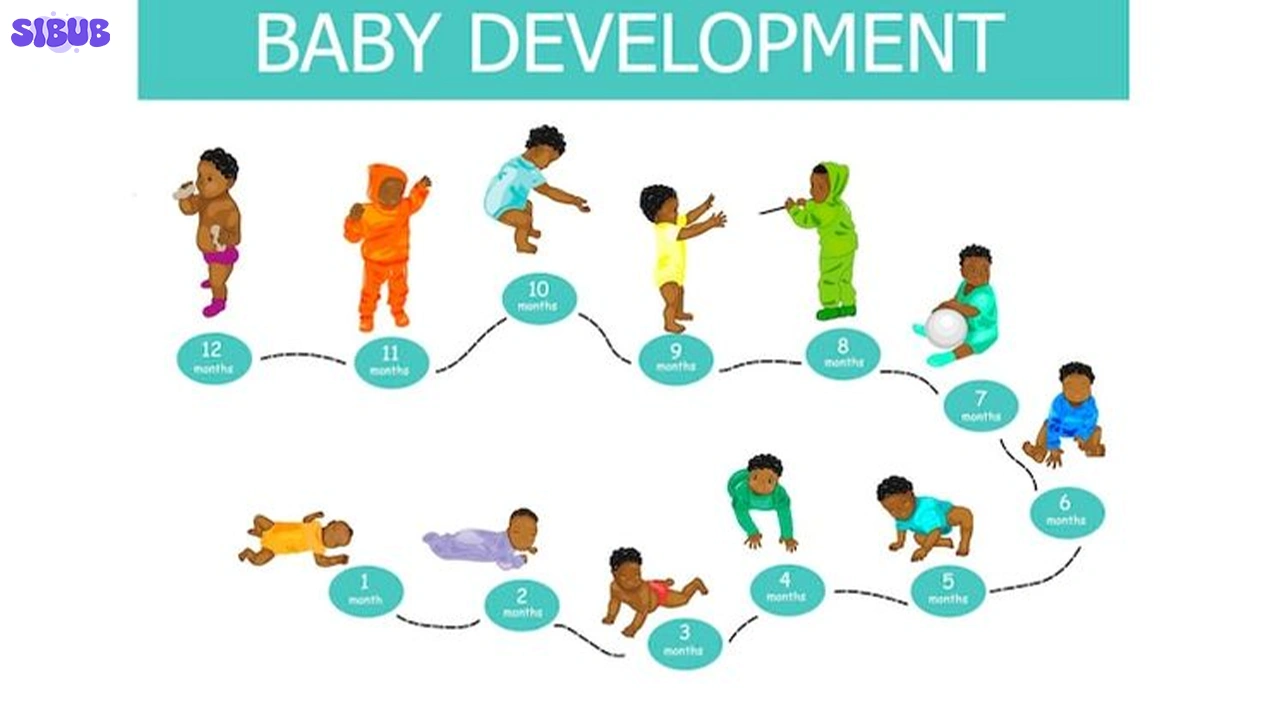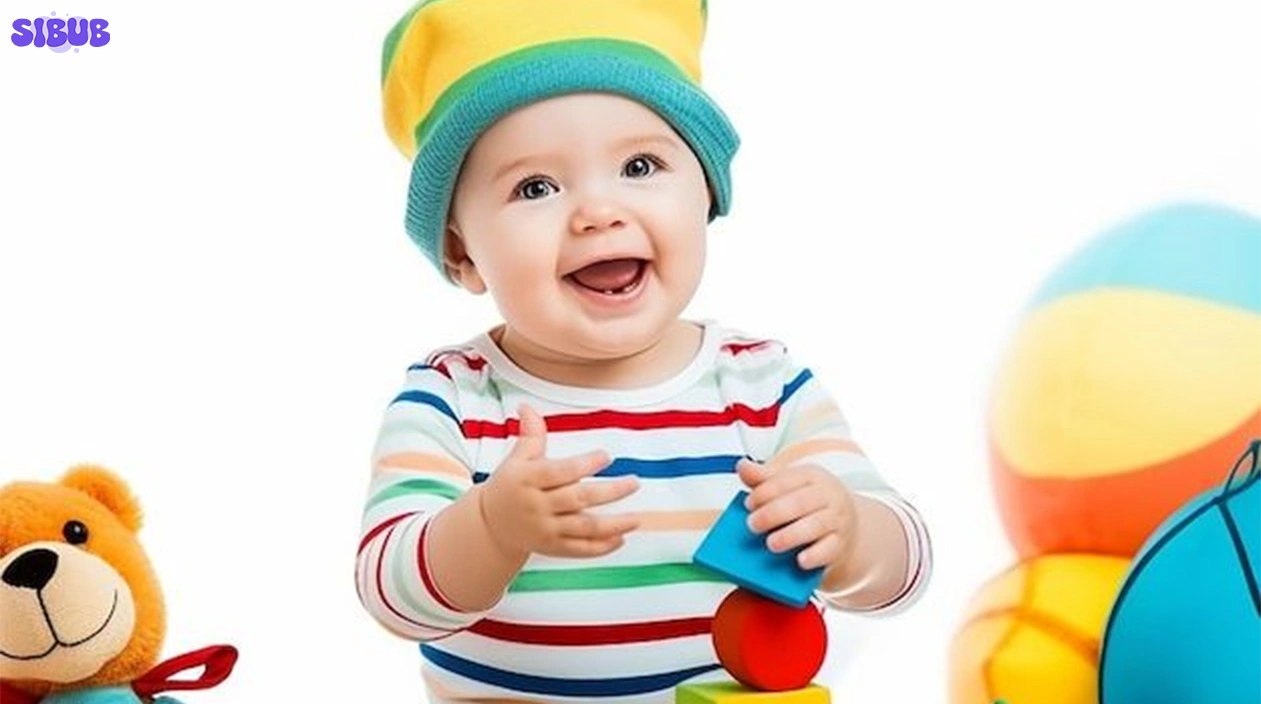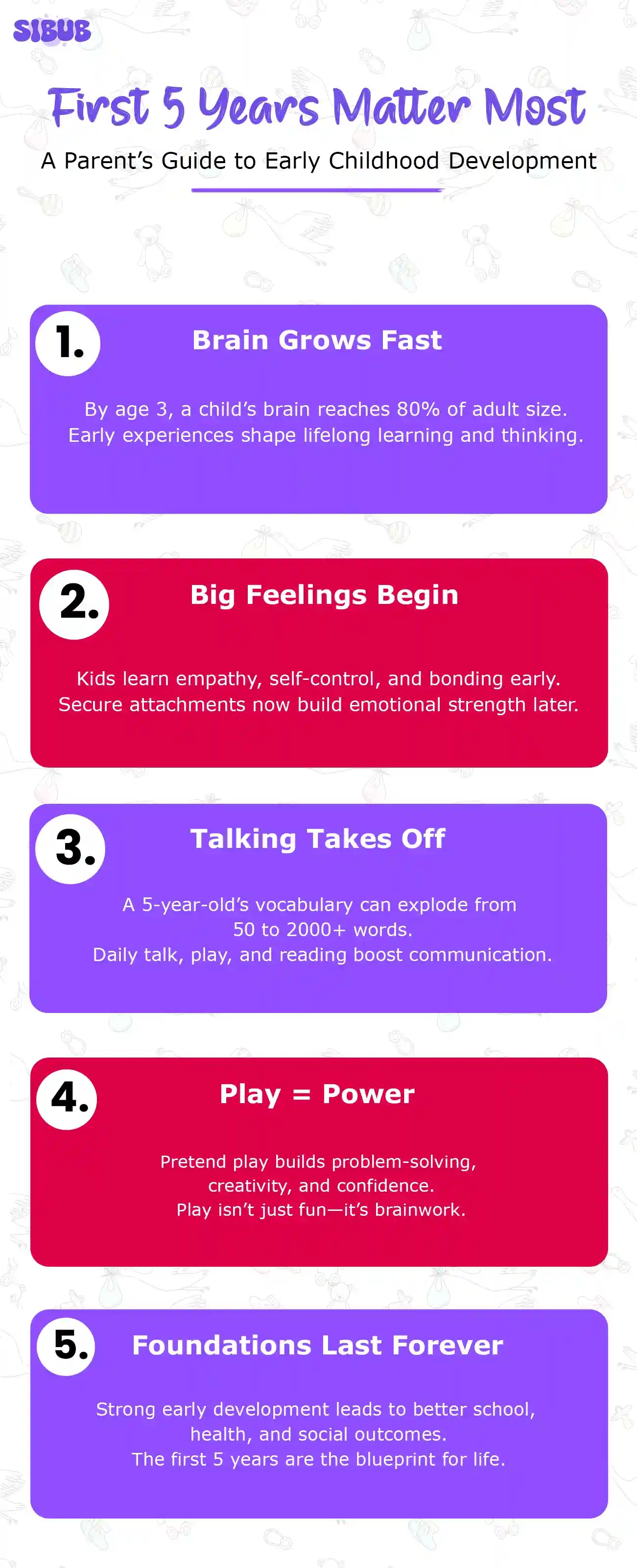“The first five years have so much to do with how the next 80 turn out.” – Bill Gates
What if you got the picture of a uniquely designed house with a blend of different architectural styles and wanted it to be built? Would setting the first five years of a child’s life as dynamic sound good? Once a house has been built on a shaky foundation, setting any additional styling attempts will result in damage. These five years are utterly important and are inscribed as the formative years. Consider the child’s brain growth, emotions, and their budding social skills.
Fulfilling all the expectations set for a 5 years old offers the child a seemingly endless variety of opportunities. It ensures everything from problem-solving skills to emotional resilience is taught, shaping the way for future success.
Visit: ADHD Treatment For Kids: Finding The Right Medication
What Occurs in the First Five Years of Life?
Let’s quickly glance at spinal development before diving into the activities that happen from birth to 5 years of age.

Cognitive Development Milestones
A child’s brain is expected to attain about 80% of its adult size by the age of 3. This means synapse connections between their neurons undergo rapid development. During early childhood, a staggering figure of over one million new neural connections is formed every second – Harvard’s Center on the Developing Child.
In answer to the binary question, when do children develop cognition?
Cognition includes skills such as paying attention, memory, and even decision making. A 5 years old learns towards curiosity, for example, stacking blocks, or saying why after every single step taken during puzzle solving. All of these activities trigger the complex structure of networks within the brain.
Social and Emotional Development
At an early childhood age, children begin to grasp the concepts of empathy, friendship, and self-regulation. Children display symptoms of defiant behavior as young as 2 years old. They are also capable of expressing affection and concern towards others.
A secure attachment with his/her caregivers builds confidence. The ability to regulate emotions, which is developed in these years, enables children to manage stress. It also helps in establishing relationships in a healthy manner later in life.

Discover: Nurturing Healthy Kids, Guiding Confident Parents
Language and Communication
There is a huge gap from cooing to telling a story. Language expression and acquisition are reached in early childhood. Children between the ages of 2 to 5-years-old can have a vocabulary ranging from 50 to over 2000 words.
Talking, singing, and reading regularly enrich understanding and expression. This enhances academic success.
Physical Milestones
Abilities like running, jumping, or holding a pencil require a child to master an array of different skills. These increase the child’s physical health but also aid in cognitive tasks such as focus and coordination.
These are key markers of development during childhood that show both biological and experiential growth.
Why Are the First Five Years So Crucial?
An entire article could revolve around that question; however, let us make it short and clear by covering a few of the many points that are beneficial.
Influences On Health For Years To Come
Mental and physical health, as well as reality, are often so unpredictable and disappointing when experienced in such environments filled with violence and conflicts or unhealthy relationships, which makes us feel neglected in our childhood.
Stressful environments-after all, are not for everyone. It takes a whole lot of support to nurture us through challenges. With strong willpower and determination, we can overcome stress-induced illness while living life full of positivity.
School Readiness and Academic Success
As noted by Zero to Three, children with access to high-quality early learning opportunities are most likely to do well academically
A child’s early exposure to problem-solving, communication, and perseverance fosters literacy and numeracy skills. By the age of 5 years old, a child is learning not only to identify letters, but also how to learn.

Learn More: Using OTC Drugs Runny Nose Medicine to Treat Cold
Behavioral and Emotional Regulation
Self-control, attention, and collaboration with others develop as a child grows. These skills are taught earlier in life. Reinforcement of desired actions and modeling by grown-ups aids in shaping the behaviors and coping skills that a child learns.
Raising children in a positive environment leads to fewer behavioral concerns and an enhanced ability to navigate emotions.
The Role of Parents and Other Caregivers
A profound impact does not necessitate a degree in child psychology. Every small action and deed matters, no matter how mundane.
Participating in Meaningful Play
Play is a requirement, not a privilege. A 5 years old can learn through pretending, storytelling, and building with blocks’ pretend play.
Through play, children learn how to test theories, deal with emotions, and socialize. Through play, parents are able to enhance their children’s security and confidence.
Routines and Structure
Parents can use routines or structures to give predictability, and children are able to appreciate the stability such tools offer. This helps with emotional development as well as anxiety.
Children learn responsibility and time management through these simple structures.
Explore: Top Benefits of Summer Camp for Kids
Active Response Care Giving
Connecting with children’s signals cultivates trust. Children understand that caregivers love and care about them when they respond to needs with warmth and consistency.
Active response caregiving at an early childhood age teaches children that the world is reliable and safe.
Equity in Early Childhood Development
Everyone should have the same access to the development opportunities available to them financially and socially.
Access to Quality Early Learning
Most children don’t start kindergarten at the same level. Programs like Head Start aid children in developing skills that might be lacking beforehand.
Pre-K programs are shown to increase language, math skills, and even emotional skills according to the National Institute for Early Education Research (NIEER).
Community and Policy Support
Public expenditure towards early childhood care leads to propelling productive efficiency, serving as a return on investment. Parents and children are greatly supported with nutrition, education, and healthcare.
Along with these types of care, early intervention services for developmental delays are shown to be extremely helpful. The sooner a developmental delay is addressed, the more favorable results one can expect.
What Happens If Early Development is Neglected?
Early neglect does not mean a child cannot succeed in life; rather, that life will be more challenging. Children who do not undergo adequate early development tend to have issues with:
- Academic achievement
- Controlling emotions
- Interpersonal relationships
While the initial five years of life do not assure outcomes, they are quite pivotal.
Conclusion
The early years aren’t a warm-up; they’re the main event. A 5 years old already possesses the structure for continuous learning, emotional strength, and social self-assuredness.
By recognizing the important years, we enable children to develop into balanced and functioning adults. Science tells us the future starts now.
Spend resources on the first five years of life—it’s the most impactful present you can give a child.
